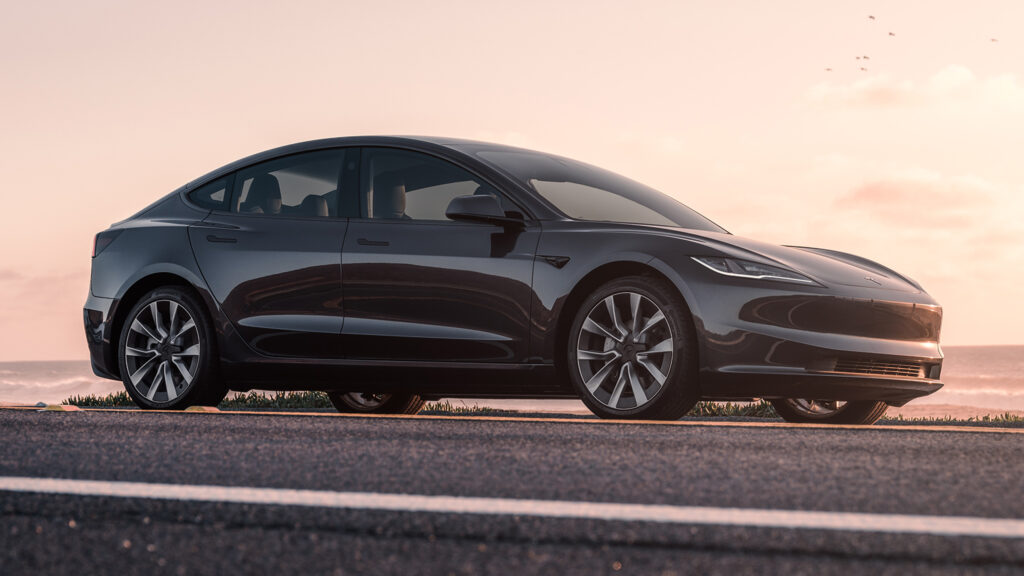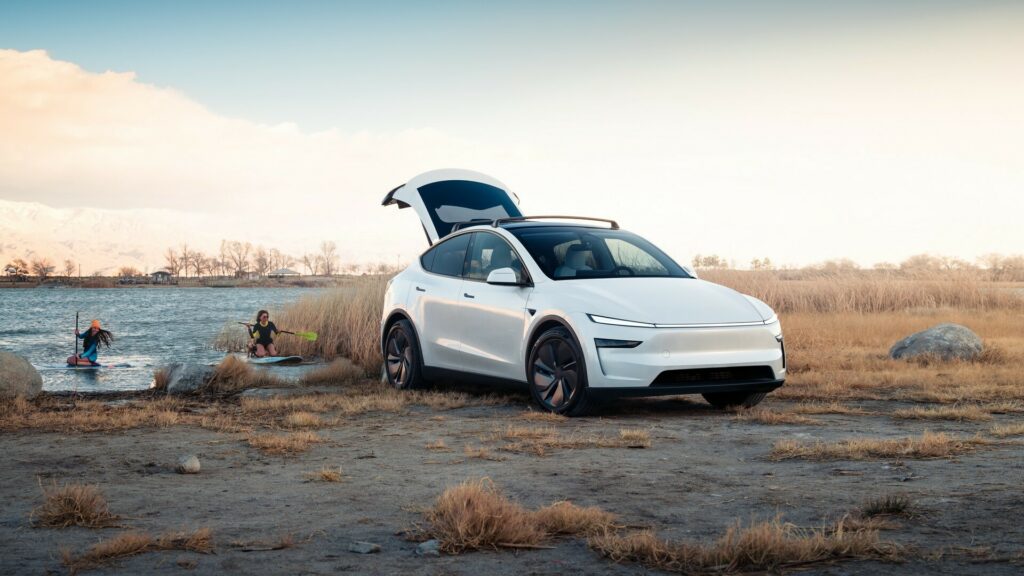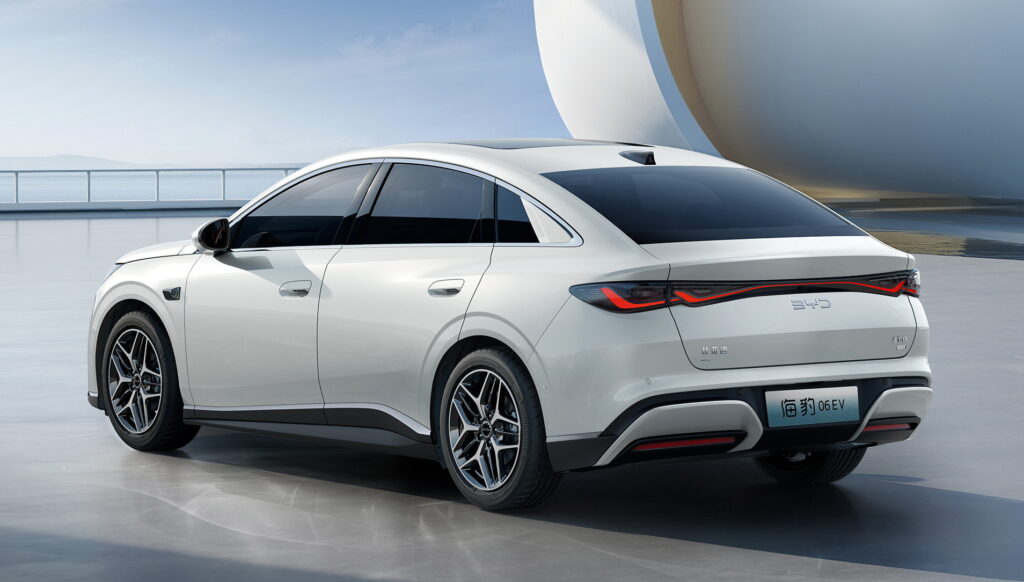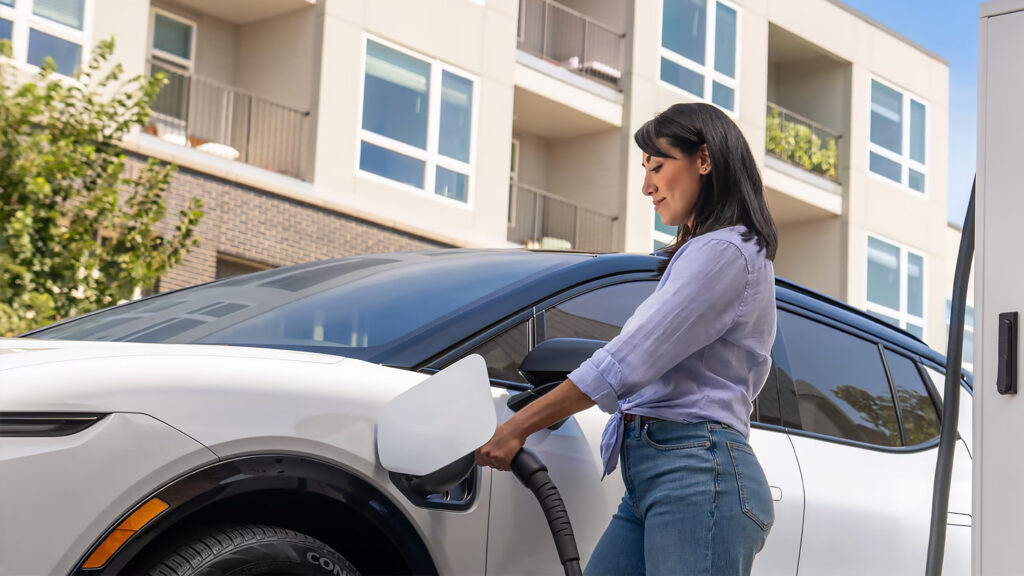Federal EV Tax Credits Could End Sooner Than We Thought

- Buying a new or used EV could get much more expensive in just a few months.
- The National Automobile Dealers Association wants advanced notice of tax credit cuts.
- President Donald Trump’s One Big Beautiful Bill Act proposed axing the credit in 2026.
The days of generous federal tax credits for electric vehicles may be numbered, and the countdown is moving faster than expected. Lawmakers in the Senate are now pushing to end the $7,500 tax credit for new EV purchases even earlier than previously proposed, potentially phasing it out by September 30, 2025.
Read: Republican Senators Are After Your EV Tax Credit
If the bill passes, the cost of buying a new EV could rise significantly once the credit disappears. And it’s not just new vehicles facing changes. The same Senate budget proposal also targets the $4,000 tax credit for used EVs, which may be eliminated as part of the legislation.
A Rapidly Accelerating Timeline
As we reported in mid-June, President Donald Trump’s “One Big Beautiful Bill Act” first proposed cutting the EV tax credit, and more recently, Republican Senators aimed to axe the EV credit within 180 days of legislation being passed. They also proposed ending the used EV credit within 90 days, and wanted to immediately cancel it for leased vehicles not manufactured in the United States. This timeline could be accelerated.
Now, under the latest revisions, both credits could vanish as soon as late September, less than three months from now. Lawmakers are aiming to finalize the legislation by July 4, so a decision may come sooner than expected.
A Double-Edged Bill for Automakers
If the credits do disappear, it’s likely to affect demand, at least in the short term. Fewer incentives usually mean fewer buyers, and many automakers could see EV sales take a hit. Yet in a somewhat contradictory move, the same bill also proposes eliminating penalties for manufacturers that fall short of federal fuel economy targets. That change could ease regulatory pressure on automakers, potentially softening the financial blow from declining EV sales.
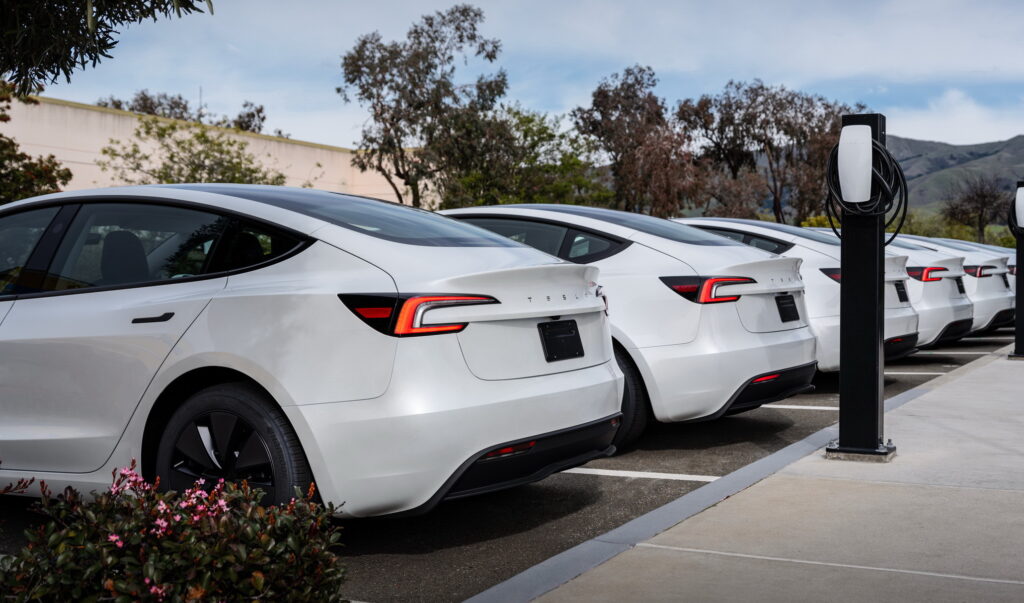
Dealers Ask for a Grace Period
Auto retailers are already bracing for disruption. Speaking with Auto News, the National Automobile Dealers Association (NADA) urged lawmakers to allow for a smoother transition.
“Dealers are still carrying a high EV inventory with approximately 140,000 EVs currently on dealer lots,” NADA said. “If EV tax credits are going to be repealed, NADA urges Congress to include a reasonable transition period.”
Even if the final cutoff date shifts slightly, it’s increasingly likely that both new and used EV credits will disappear before the end of 2025. So if you’re thinking about buying or leasing an electric vehicle, you may want to move sooner rather than later.









